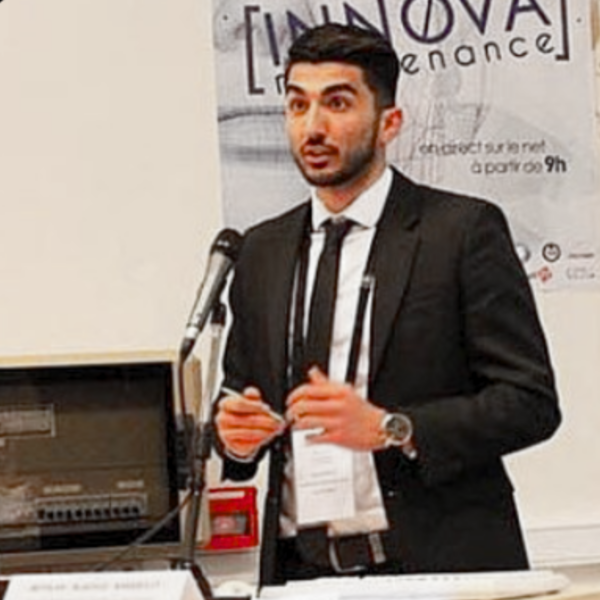
A virtuous circle – DEI as a competitive and strategic advantage for tomorrow’s leaders
In 2023, the subject of DEI -an acronym for Diversity, Equity & Inclusiveness- is high on the public agenda. Thanks to various political and social initiatives and to social media, every employee expects to be treated fairly and in the workplace, regardless of his origins, gender, beliefs or personal characteristics.
As Talent Acquisition Specialist at Catalay, I know first-hand that this is a major issue for organisations. Companies with the most advanced DEI practices have a real competitive advantage in a tight market such as engineering. At Catalay, we regularly present consultants from abroad to our clients or consultants who only speak English as a working language.
Even among home-grown talent, the Belgian workforce of 2023 is more diverse in its identity than ever before.
In a globalised world where engineers do not hesitate to expatriate or to work abroad, managers must be trained to manage these multicultural teams.
Beyond what can (and should!) be done against discrimination during the recruitment phase, companies should also think about the daily employee experience offered to their minority employee.
Why invest in DEI aspects?
Here are a few statistics that demonstrate the many benefits of implementing a DEI strategy within an organisation.
According to a study conducted by the McKinsey consultancy firm, companies in the top quartile in terms of diversity achieve profitability scores 36% higher than those in the bottom quartile. Investments in DEI are therefore real performance levers!
Creating a sense of belonging among workers is also a key retention asset. The Harvard Business Review reports that employees who are fully integrated and whose differences are respected have a 50% lower risk of turnover. Given that engineers are highly sought-after profiles and exposed to many career opportunities, this is a point not to be overlooked.
The impact of social networks.
Who hasn’t come across a story about a professional’s negative experience while scrolling through LinkedIn? Examples are legion: visible discrimination during the job interview, harassment in the workplace, abuses in work organisation or management, racism, etc.
In the era of social networks, these disrespected candidates and disappointed workers can spread their stories to a wider audience. This is detrimental to the company’s employer brand, but also to its attractiveness to potential recruits or business partners.
On the opposite, good DEI practices reflect positively on the public image of an organisation. A recent study conducted jointly by Korn Ferry and Fortune magazine shows that the most admired companies in the world share a common characteristic: they place inclusiveness and diversity at the centre of their concerns.
Preparing the future
As mentioned above, the themes of inclusiveness and respect for differences are regularly debated and discussed in the public space. This goes far beyond the professional sphere. Because they have been exposed to multiculturalism and identity questions since childhood, through education, new generations have higher expectations in terms of DEI than their elders. More than 80% of the so-called “Zoomers” ask for more initiatives in this area.
By planning concrete actions in favour of diversity, equity and inclusiveness, companies have the opportunity to position themselves as forerunners and appear as relevant working environments to young potentials.
So, for all the managers who read this article, my advice would be: get to grips with DEI, now. Implementing these practices will lead to a virtuous circle from which both employers and employees can benefit.

Written by Ahcène Kireche
Talent Acquisition Specialist at Catalay




